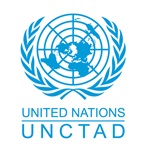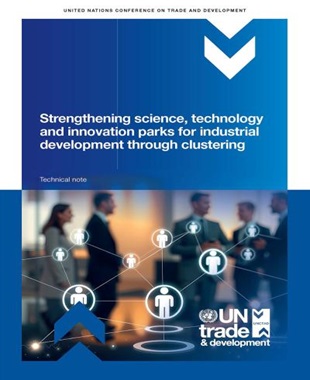Harnessing Africa’s digital economy for regional integration and shared prosperity.
Stories & Blogs UNCTAD (News )Algeria launches UNCTAD’s eTrade Readiness Assessment to empower small businesses and deepen continental integration.
Diene Keita appointed Executive Director of the United Nations Population Fund (UNFPA).
Stories & Blogs UNFPA (Press Release )Ms. Diene Keita was appointed Executive Director of UNFPA, the United Nations Population Fund, today by UN Secretary-General António Guterres. She holds the rank of United Nations Under-Secretary-General.
Breaking down barriers for women digital entrepreneurs: What’s next?
Stories & Blogs UNCTAD (News )A new study examines the systemic barriers holding women’s businesses back in the digital economy, calling for targeted measures to change course.
Exploring trade actions to fight acute food insecurity and the threat of famine
Stories & Blogs UNCTAD (News )Chronic hunger affects over 700 million lives. Trade can be part of the solution by facilitating market supplies, helping stabilize prices and improving access to more resilient food systems.
The scars of gender-based violence run deep in South Sudan – but so does the will to heal
Stories & Blogs UNFPA (News )In South Sudan, women and girls face the overlapping dangers of prolonged conflict, cattle raiding, displacement from climate shocks and harmful patriarchal traditions.














